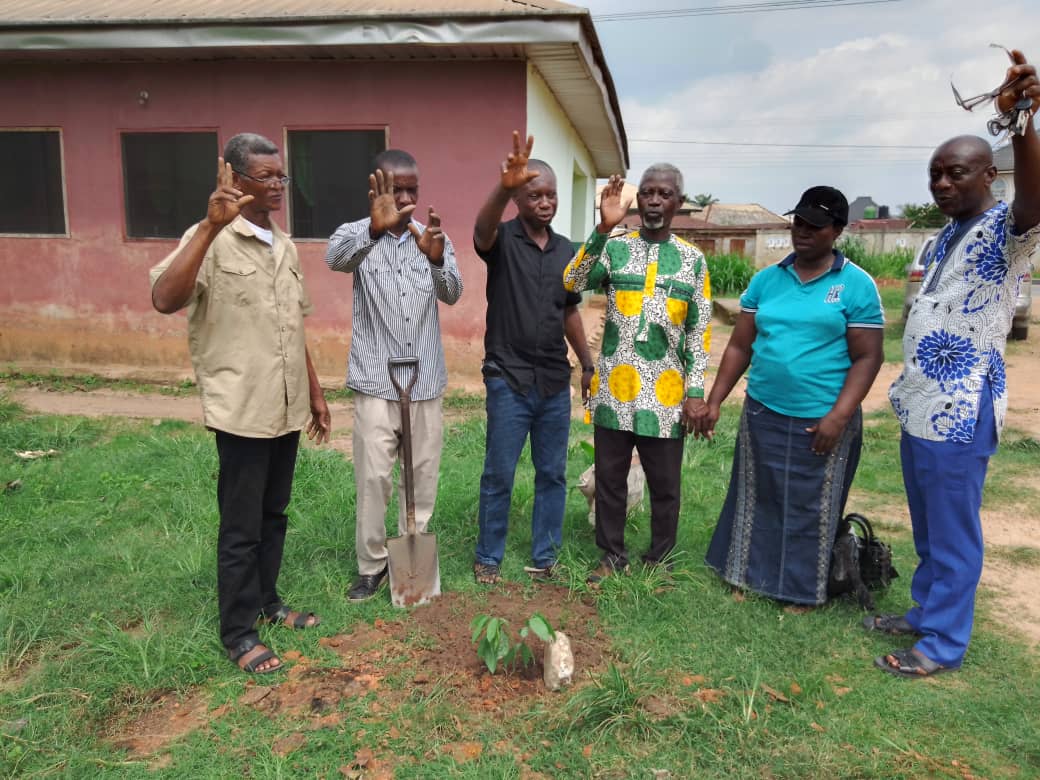By Okechukwu Keshi Ukegbu
The recent gruesome murder an undergraduate, Deborah Samuel by some religious fanatics, an the spillover of the ugly incident has set a state in Nigeria, Sokoto almost on a destruction path , where some fanatics who cannot express enough remorse for the young life that was cut on the prime have taken to the streets on a destruction spree, torching houses, including that of a church, and destroying wares and sundry property.
More disappointing and irony of the whole episode is the unprofessional discharge of function by a notable television station in the country by linking the murder to the prolonged strike by the Academic Staff Union of Universities(ASUU). According to the report, the murder was a fallout of protest by students disapproving the prolonged strike.
If there is any segment of the society that should wallow in ignorance and misinformation, it should, for no reason, be the media. Some of the primary and cardinal functions of the media is to inform ( and inform correctly), educate, entertain, among others. But in this instance, the television house failed abysmally. One, the incident in question is as a result of religious fanaticism, which has received huge knocks from well- meaning Nigerians. Two, ASUU as a staff union does not affect Colleges of Education, where the incident took place. It is a common knowledge in media practice that where an issue is in doubt, facts and sources should be cross checked. So, to avoid misinforming the public and escalating the already tensed atmosphere, the television house could have done a more professional job.
A medium of mass communication is accused of partisanship when in the discharge of its duties it fails to give equal opportunities to the parties involved.
The media, as the watch dog of the society and the fourth estate of realm do not have a particular constituency but should view all parties as their constituency. This should guide every activity of the media.These unprofessional conducts displayed by some media men have gravely jeopardised some ethical obligations of the media such as balance and objectivity.
The media are obliged by the ethical obligation of balance to give fair hearing to all parties involved without equal consideration to the opposite party.
Akin to balance is another critical ethical issue of the media which is “objectivity”.Objectivity requires that the reporter depersonalises the story. By depersonalising the story, the reporter is expected to detach him or herself from the story by not imputing their personal opinions but reporting the story as it is.
As it is always argued that journalists are humans who are naturally bound to express some sentiments and emotions, the advice here is that even such emotions and sentiments should come to play, they should not be obvious.
Because of what was termed the inadequacy of the old concept of objectivity, the new concept of objectivity was given birth to which requires” the truth, the whole truth, and nothing but the truth”.This requires the reporter to stretch a bit by engaging in an in depth writing, which entails conducting interviews where necessary, doing some analyses and research.
The argument here is that limiting the story to sources from interested parties may affect the objectivity because the interested parties may not be objective in their versions, so the need for impartial parties arises.
It is highly advisable here for the media to be objective in their reportage, especially now that the security situation in Nigeria is in high risk.
Ukegbu, a public affairs analyst, writes from Aba, Abia State.





